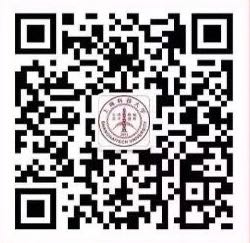Speaker: Hei Victor Cheng, Aarhus University.
Time: 10:00-11:00, Jul.21
Location: SIST 1A 200
Host: Lixiang Lian
Abstract:
This presentation investigates the information theoretical limit of a reconfigurable intelligent surface (RIS) aided communication scenario in which the RIS and the transmitter either jointly or independently send information to the receiver.
The RIS is an emerging technology that uses a large number of passive reflective elements with adjustable phases to intelligently reflect the transmit signal to the intended receiver. While most previous studies of the RIS focus on its ability to beamform and to boost the received signal-to-noise ratio (SNR), during this talk we will show that if the information data stream is also available at the RIS and can be modulated through the adjustable phases at the RIS, significant improvement in the {degree-of-freedom} (DoF) of the overall channel is possible.
This result is obtained by establishing a connection between the RIS system and the MIMO channel with phase noise and by using results for characterizing the information dimension under projection. The result is further extended to the case with a direct path between the transmitter and the receiver, and also to the multiple access scenario, in which the transmitter and the RIS send independent information.
Finally, this talk proposes a symbol-level precoding approach for modulating data through the phases of the RIS, and provides numerical simulation results to verify the theoretical DoF results.
Bio:
Hei Victor Cheng received the B.Eng. degree in electronic engineering from Tsinghua University, Beijing, China, the M.Phil. degree in electronic and computer engineering from the Hong Kong University of Science and Technology, and the Ph.D. degree from the Department of Electrical Engineering, Linkoping University, Sweden. He worked as a Post-Doctoral Research Fellow at the University of Toronto, Toronto, Canada. He is now an Assistant Professor with the Department of Electrical and Computer Engineering, Aarhus University, Denmark. His current research interests include next generation cellular technologies, intelligent surfaces, and machine learning for communications and signal processing.




 沪公网安备 31011502006855号
沪公网安备 31011502006855号


